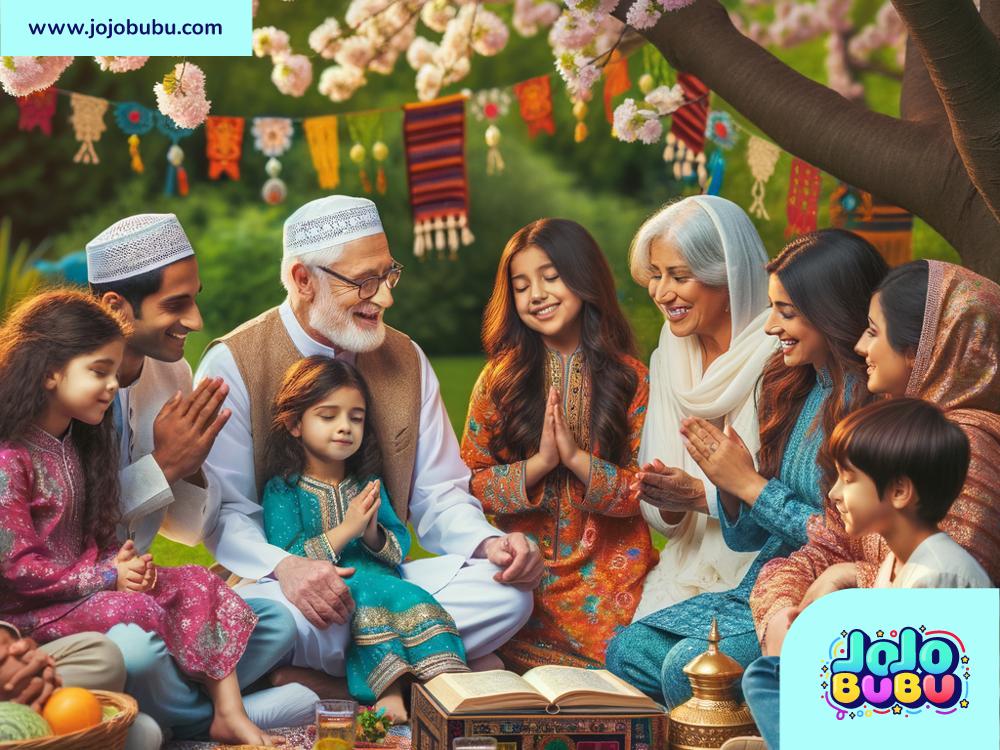Encouraging Spiritual or Cultural Roots: Why They Matter and How to Embrace Them
In today's fast-moving world, it’s easy to forget where we come from. Technology, global trends, and the hustle of modern life often pull us away from our spiritual and cultural roots. But staying connected to these roots is more important than ever. They ground us, give us identity, and provide a sense of belonging. Let’s explore why embracing our spiritual or cultural heritage matters and how we can encourage others—and ourselves—to reconnect with these important aspects of life.
What Are Spiritual and Cultural Roots?
Spiritual roots refer to our connection to beliefs, values, and practices that give life meaning. These might come from religion, philosophies, or traditions passed down through families and communities. They help us answer big questions like “Why am I here?” or “What’s the purpose of life?”
Cultural roots, on the other hand, are the traditions, languages, foods, festivals, arts, and ways of life that come from the communities we belong to. They shape how we see the world and how we connect with others. Both spiritual and cultural roots are often deeply intertwined, creating unique identities for individuals and groups.
Why Do They Matter?
Understanding and celebrating spiritual or cultural roots offer many benefits:
-
Strengthen Identity: Knowing where we come from gives us confidence in who we are. It helps us understand our place in the world by connecting us to history and heritage.
-
Foster Belonging: People feel less alone when they share spiritual or cultural practices with family or community. Belonging to a group can enhance a sense of connection and support.
-
Build Values: Spiritual beliefs and cultural traditions often teach life lessons, such as the importance of kindness, respect, gratitude, and hard work. They help shape our values and guide us in making decisions.
-
Preserve History: Encouraging roots ensures that traditions, stories, and wisdom are passed down to future generations, protecting them from being lost to time.
-
Promote Diversity: Celebrating different spiritual and cultural identities means recognizing and valuing diversity, which creates stronger, more empathetic communities.
Rediscovering Your Own Roots
In our busy lives, it’s easy to lose touch with our heritage. But reconnecting with spiritual or cultural roots can be uplifting and rewarding. Here are some simple ways to embrace your origins:
-
Talk to Family Members: Speak with older relatives about your family’s history, traditions, and cultural practices. They may share stories, recipes, or beliefs that can inspire you.
-
Learn About Your Ancestry: Research your family tree or take a DNA test to learn more about where you come from. Knowing your origins can spark curiosity and pride.
-
Explore Customs and Traditions: Celebrate festivals, participate in rituals, or cook dishes that connect you to your culture. Immersing yourself in these experiences strengthens your bond with the past.
-
Ask Spiritual Questions: If you’re seeking spiritual roots, ask big questions about life, purpose, and meaning. Explore philosophies or practices like meditation that connect you to deeper truths.
-
Read Books and Stories: Whether it’s holy texts, folklore, or historical stories, reading helps you understand the beliefs and cultural practices of your ancestors.
-
Learn Your Language: If your family speaks a language you don’t know, try learning it. Language is a powerful way to deepen your connection to your roots.
Encouraging Others to Value Their Roots
If you love your own heritage, you can inspire others to explore theirs. After all, sharing spiritual and cultural knowledge can build understanding and harmony in communities.
-
Celebrate Diversity: Show respect for people’s beliefs and traditions, even if they differ from yours. Attend cultural events or celebrations to learn about others’ practices.
-
Educate Through Stories: Share stories about your cultural or spiritual roots with friends or colleagues. Storytelling is a great way to spark curiosity and mutual appreciation.
-
Organize Activities: Host workshops, classes, or community events where people can share traditions, cook cultural recipes, or teach dances. These activities can make learning fun and create a sense of unity.
-
Teach Children: Pass down traditions to the younger generation. Explain the meaning behind celebrations, rituals, or family customs to help kids stay connected to their roots.
-
Encourage Exploration: If someone feels disconnected, encourage them to ask questions, explore their ancestry, or learn about spiritual beliefs that resonate with them.
Balancing Tradition and Modern Life
Sometimes it’s hard to balance deep traditions with the fast-changing modern world. But the good news is, you don’t have to choose one or the other—you can enjoy the best of both. Find ways to make traditions meaningful and relevant. For example, while you may not follow old customs exactly as they were, adapting them to fit your lifestyle is still a great way to stay connected.
It’s also important to remain open to new ideas while honoring your roots. The world is diverse and ever-changing, and understanding others’ spiritual and cultural identities can make you more empathic and open-minded.
A Simple Yet Powerful Gift
Encouraging spiritual and cultural roots is a gift we give ourselves and others. It connects us to history, enriches our lives with meaning, and strengthens the bonds between people. Whether through celebrating holidays, telling stories, or learning spiritual practices, embracing these roots can bring joy to our hearts and wisdom to our minds.
So, take a moment today to reconnect with your heritage. It may be through talking to a grandparent, cooking a favorite family dish, or simply reflecting on the values you hold dear. When we honor where we come from, we find strength to move forward—and help others do the same.

